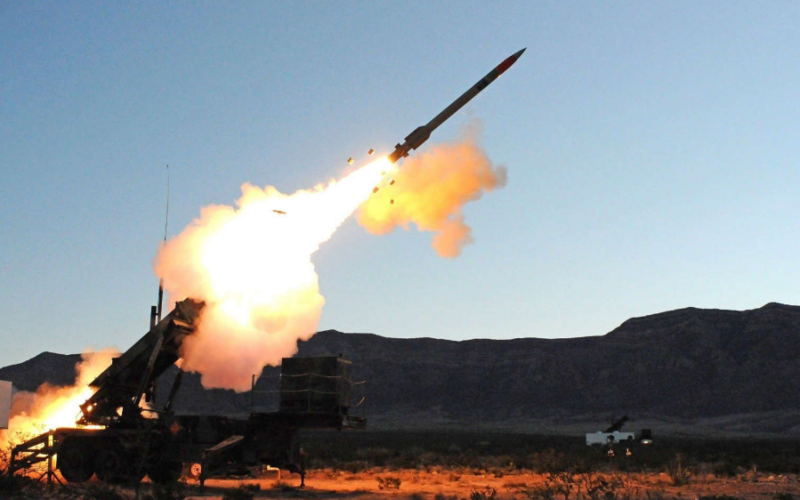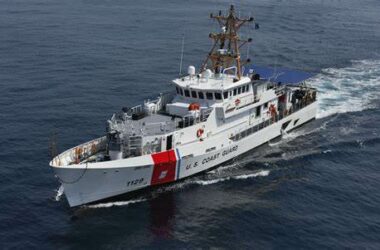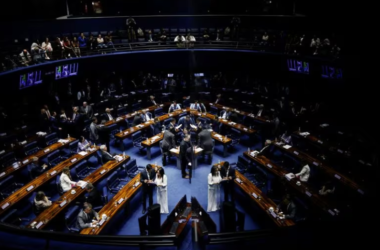Japan has eased its restrictions on arms exports, marking a significant policy shift that includes the official approval of exporting Patriot missiles to the United States. The move, part of Prime Minister Fumio Kishida’s government initiatives, allows the export of completed defense equipment manufactured under license in Japan back to the country of origin. This decision is seen as a response to a request from the US, Japan’s key ally.
Prime Minister Kishida’s government has approved the export of PAC-2 and advanced PAC-3 interceptors to the US. These missiles, produced in Japan by Mitsubishi Heavy Industries, aim to contribute to missile defense capabilities. The decision marks the first instance of Japan exporting lethal weapons and aligns with its commitment to a robust military build-up, especially in collaboration with the US, amid rising threats from China and North Korea.
The decision to export these missiles comes in tandem with the approval of a record annual defense budget, reflecting Japan’s dedication to strengthening its defense capabilities. The move is perceived as a step towards a more collaborative approach within the US-Japan alliance. While some view this as a significant contribution to deter regional threats, others are carefully considering the potential implications on Japan’s strategic alliances and regional stability.
The PAC-2 and PAC-3 interceptors are expected to be sourced from Japan’s existing holdings, with an undisclosed budget allocated for the inspection of missile stockpiles. The decision is seen as a strategic move to support the US by replenishing its missile stocks, potentially aiding ongoing efforts in regions like Ukraine. However, specifics such as the number of missiles and the associated cost are yet to be determined.
US Ambassador to Japan Rahm Emanuel welcomed Japan’s decision, emphasizing the unprecedented scale, scope, and speed of Japan’s changes in defense measures. The provision of missiles is expected to enhance flexibility in US inventories. The US-Japan alliance remains a crucial aspect of regional security, and this collaboration is seen as a positive step.
The same day as the missile export approval, Japan’s cabinet sanctioned a 16.5% increase in defense spending, reaching a record ¥7.95 trillion ($55.8 billion). The budget signals Japan’s commitment to a significant military expansion, the largest since World War II. However, concerns linger about the fiscal impact and potential tax increases, contributing to a decline in public approval for the government.
Japan’s decision to ease arms export rules and sell Patriot missiles to the US reflects a strategic shift in defense policies. As the nation embarks on its most substantial military build-up in decades, the move is generating discussions about its implications on regional dynamics and alliance partnerships. The coming months will likely witness continued scrutiny and evaluations of the evolving defense landscape in the Asia-Pacific region.








